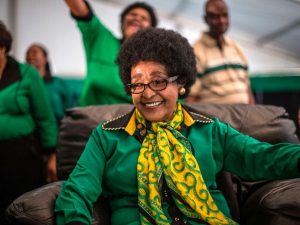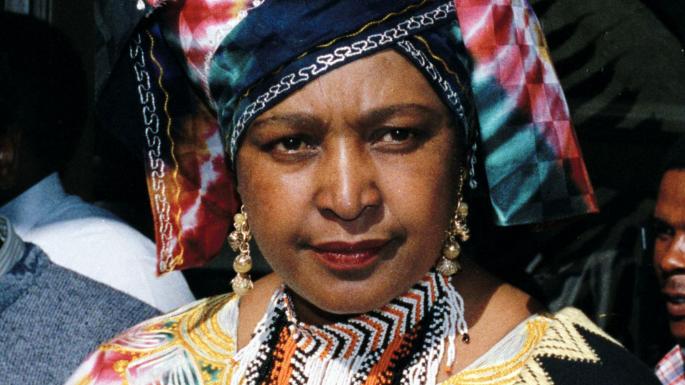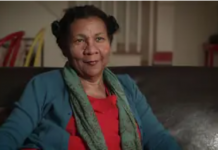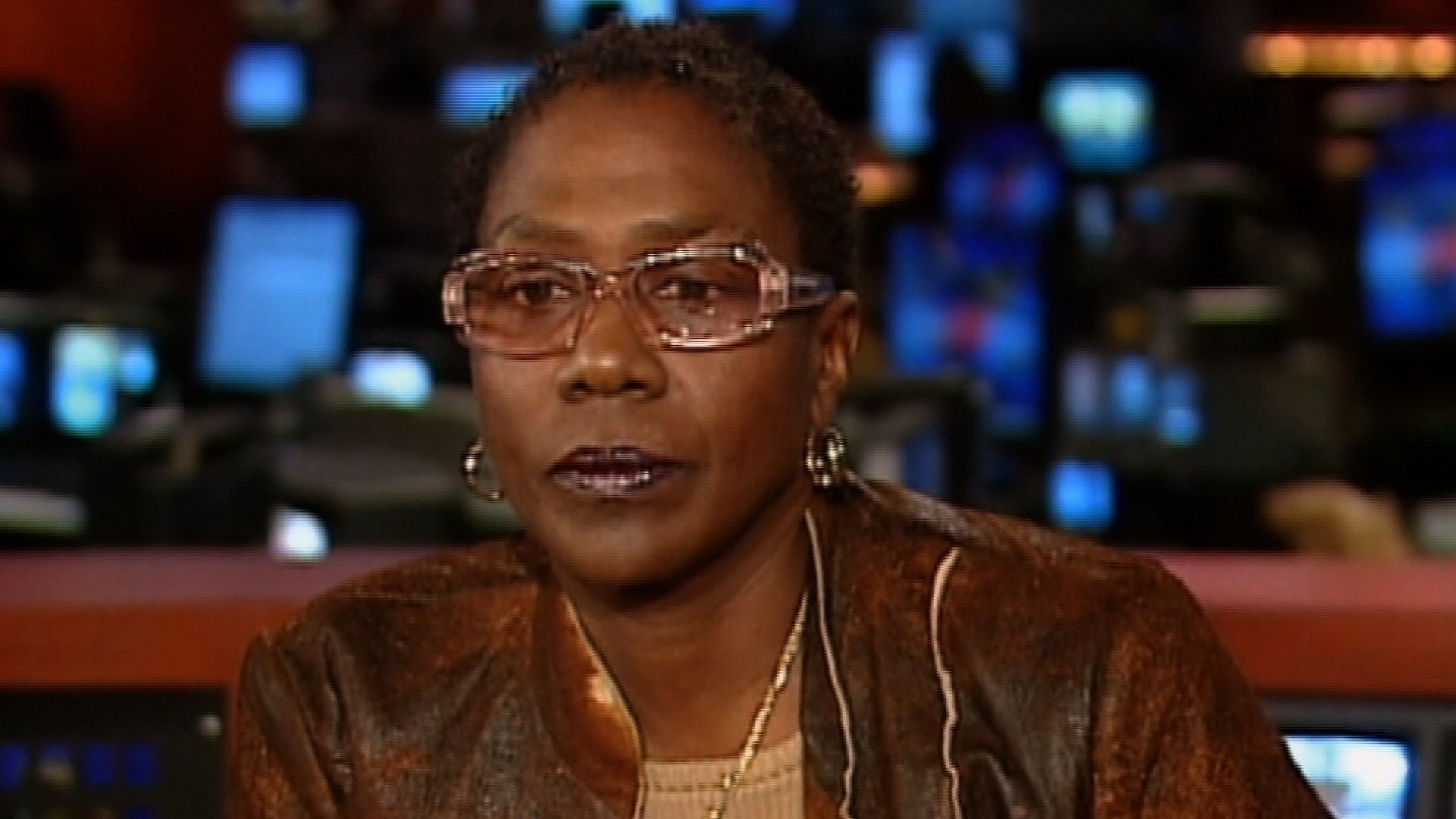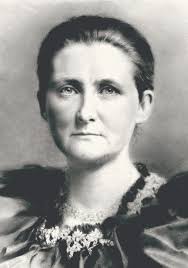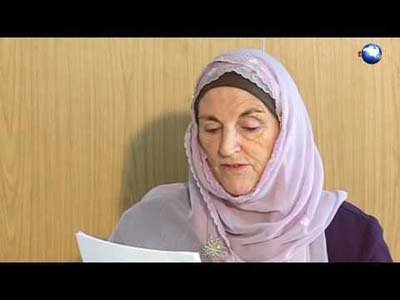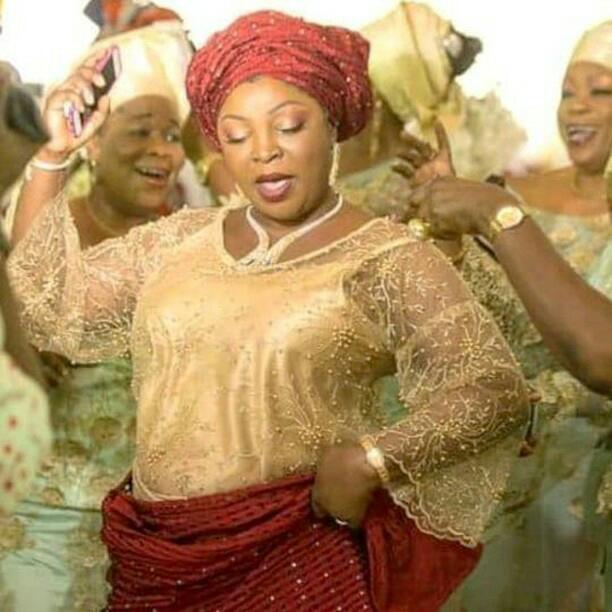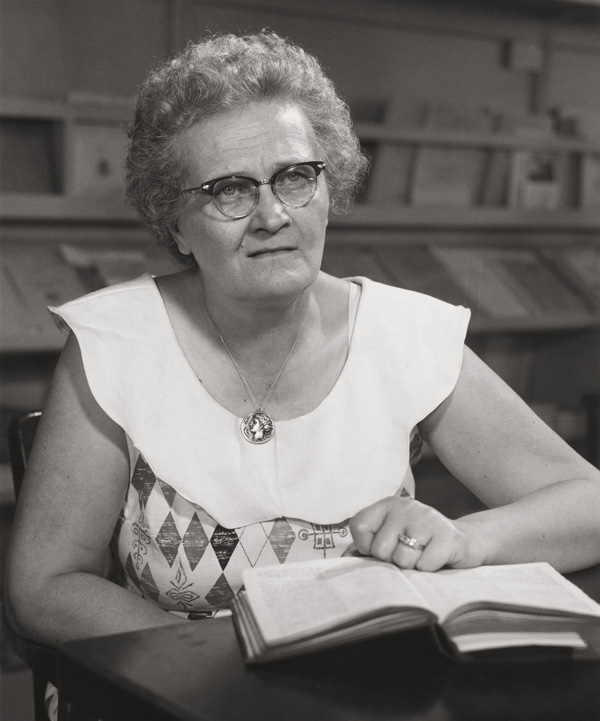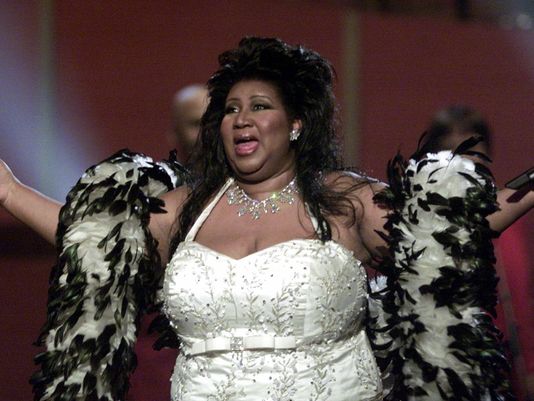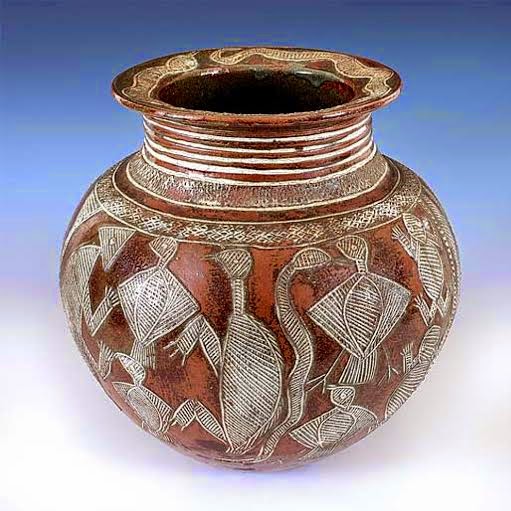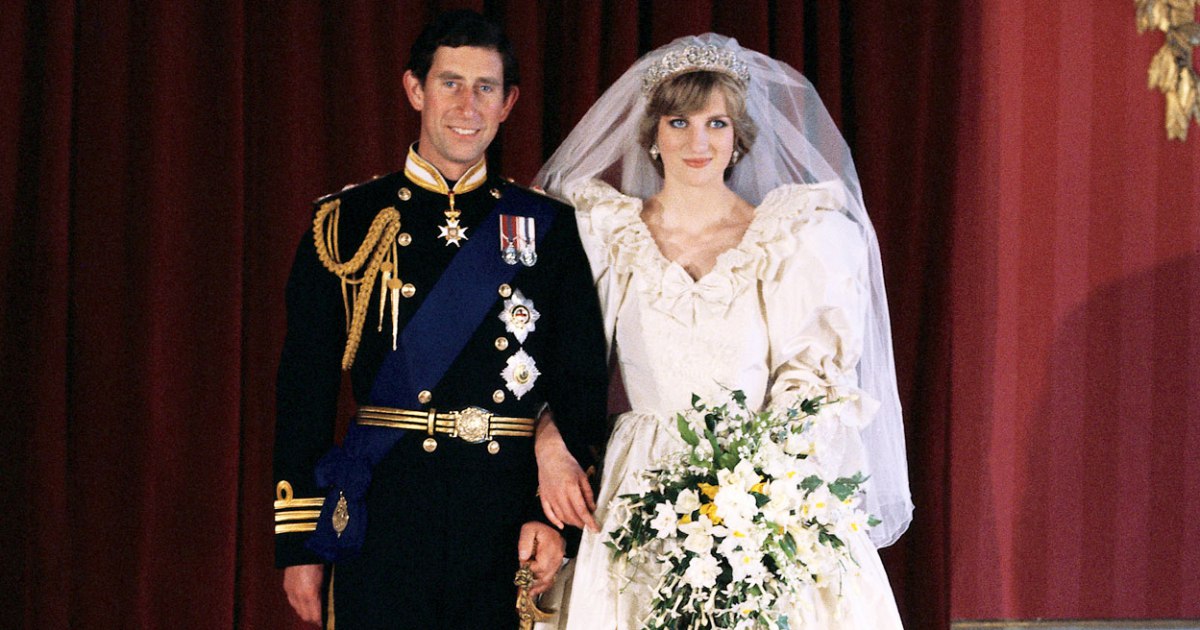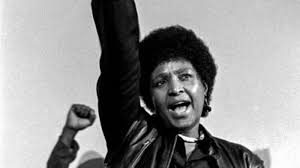
“I am me; I am black; I must be proud of my blackness”
South African apartheid Activist and politician who was born Nomzamo (which in xhosa means ‘she who tries’) Winifred Zanyiwe Madikizela to a Xhosa family in eMbongweni Bizana Pondoland in what is now the Eastern Cape Province in South Africa, Winnie Mandela who is the fourth (4) of eight (8) children consisting of seven (7) sisters and a Brother to Columnbus and Getrude Madikizela both school teachers.
Winnie was the Head Girl of her high school in Bizana before she went on to the John Hofmeyr School in Johannesburg despite restrictions on the education of black girls during the apartheid era and earned her degree in1956 as a social worker. And several years later earned a bachelor’s degree in International Relations from the University of Whitewatersand. She held a number of jobs in various parts of what was then the Bantustan of Transkei; including the Transkei Government living at various points of time at Bizana, shawberry and Johannesburg.
Her first job was as a social worker at Baragwanath Hospital in Soweto. Her mother died when she was only nine (9) years old which resulted to her and her siblings all sent to live with different relatives.
Winnie met the anti-apartheid activist Nelson Mandela in 1957 when she was twenty-two years old at a bus stop in Soweto. They married in 1958 and had two Daughters Zenani in 1958 and Zindiswa in 1960.
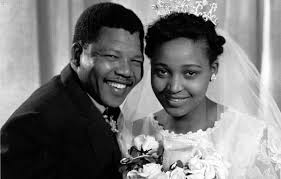
Nelson Mandela was arrested and jailed in 1963 and remained incarcerated until 11th February 1990,
Winnie met the anti-apartheid activist Nelson Mandela in 1957 when she was twenty-two years old at a bus stop in Soweto. They married in 1958 and had two Daughters Zenani in 1958 and Zindiswa in 1960.
Nelson Mandela was arrested and jailed in 1963 and remained incarcerated until 11th February 1990, during which time she became his public face during his 27 years of incarceration and rose to prominence with the domestic anti-apartheid movement during that period. She was arrested and tried many times by state security services on various occasions and spent several months in solitary confinement. She was subjected to torture, house arrest, kept under surveillance and solitary confinement and banished to a small remote town for over a year. She emerged as a leading opponent of apartheid during the later years of her Husband’s imprisonment between August 1960-February 1990.
She was exiled to Brandfort in the Orange Free State except when she was allowed to visit her Husband in Robben Island. She spent 18 months in solitary confinement at Pretoria Central Prison and it was at this time that she became well known in the western world.
While in prison she organized local clinics, campaigned actively for equal rights and was promoted by the ANC as a symbol of their struggle against apartheid.
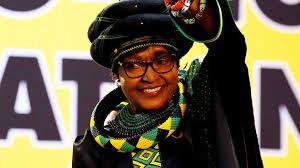
Winnie Mandela retained poplar support within the ANC and was known as the ‘mother of the nation’. In the 1980s while in Soweto, Winnie Mandela endorsed violent behavior which includes necklacing against alleged police informers and collaborators with the national party Government. Her security detail known as the Mandela United Football Club carried out a number of those actions including the kidnappings, murder and torture of such individuals.
She was reviled by others for having personally been responsible for the murder, torture, abduction, and assault of numerous men, women, and children, as well as indirectly being responsible for even more such crimes.
She was offered academic honors abroad during the apartheid era for being branded by followers as “a revolutionary and heroic figure even though it doesn’t take that much digging to remember the truly awful things she has been responsible for.
In 1985, Winnie Mandela won the Robert F Kennedy Human Rights Award (which is given annually by the Robert F Kennedy Centre for Justice and Human Rights) alongside fellow activists Allan Boesak and Beyers Naude for their human rights work in South Africa. She also received the Candace Award for Distinguished service from the National Coalition of 100 Black Women in 1988.
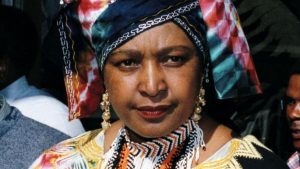
She was dismissed from her post on allegations of corruption in the post-apartheid ANC Government and the truth and reconciliation committee set up by the Mandela Government to investigate human right abuses revealed her involvement in violent activities in the 1980s. And in 2003, she was convicted for theft and fraud which made her to retreat from active political involvement returning several years later.
She held several Government positions including Deputy Minister of Arts, Culture, Science and Technology. She also served on the ANCs National Executive Committee and headed its Women’s League.
Winnie and Nelson Mandela separated in 1992, and finally divorced in March 1996 with an unspecified court settlement.
